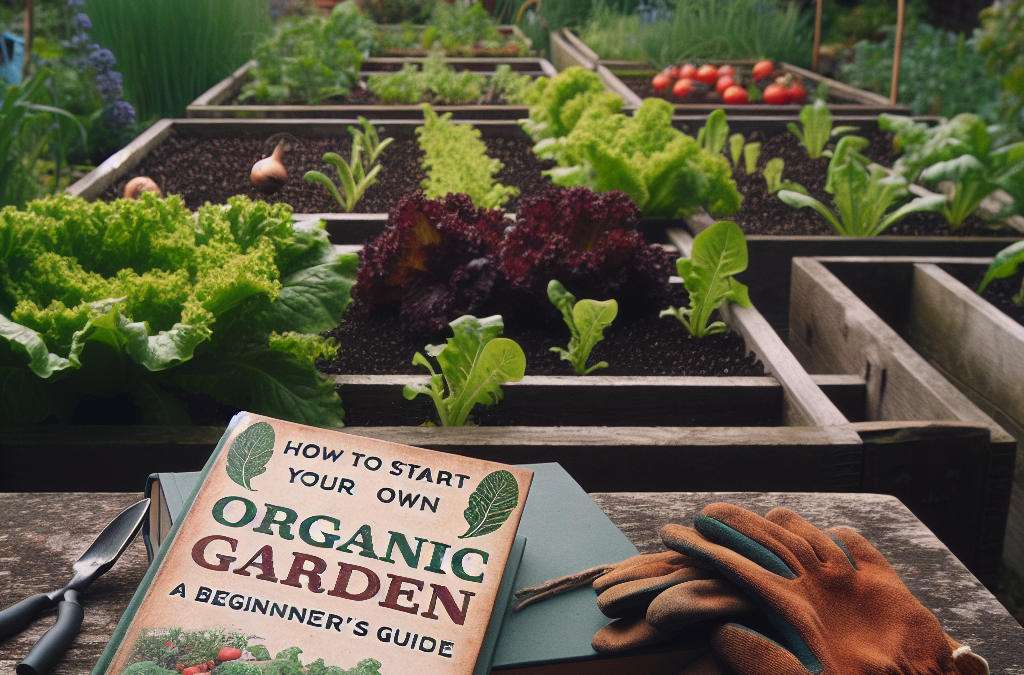Welcome to the world of organic gardening! Starting your own organic garden can be a fun and rewarding experience. In this guide, we will cover everything you need to know to get started with your very first organic garden.
Organic gardening is a method of growing plants without using synthetic fertilizers or pesticides. Instead, it relies on natural methods such as composting, crop rotation, and companion planting to keep plants healthy and free from pests. By choosing organic gardening, you are not only creating a sustainable and environmentally-friendly garden but also providing fresh produce that is safe for consumption.
The first step in starting an organic garden is selecting the right plants and seeds. Choose crops that are well suited to your region’s climate and soil conditions. You may want to consider planting vegetables like tomatoes, lettuce, spinach, carrots, and peppers. If you have limited space, try container gardening with herbs like basil, chives, and rosemary. When selecting seeds, look for heirloom varieties which are open-pollinated and non-GMO.
Once you have selected your plants and seeds, it’s time to prepare your soil for planting. Organic gardeners rely on compost instead of chemical fertilizers to enrich their soil. Compost provides nutrients and improves soil structure, making it easier for roots to grow. To make your own compost, collect food scraps, yard waste, and other organic matter and place them in a bin or pile. Over time, these materials will decompose into rich, dark compost.
In addition to compost, you may also want to add mulch to your garden beds. Mulch helps retain moisture, suppresses weeds, and regulates temperature. It can be made from shredded leaves, straw, or wood chips.
After preparing your soil, it’s time to start planting. Follow the instructions on your seed packets or plant labels to determine how deep to plant each seed or seedling. Water your plants thoroughly after planting, and continue to water regularly throughout the growing season. Avoid overwatering, as this can lead to root rot and other problems.
As your plants begin to grow, you will need to tend to them by removing weeds and applying fertilizer. Handpick weeds when they are small, and use a hoe or cultivator to remove larger ones. Fertilize your plants with compost tea or liquid seaweed extract, both of which provide a balanced source of nutrients.
Finally, once your crops are ready to harvest, enjoy the fruits (or veggies!) of your labor. Harvest your crops at peak ripeness to ensure maximum flavor and nutrition. Store any excess produce in the fridge or freezer for later use.
Starting your own organic garden can be a fulfilling and rewarding experience. With careful planning, attention to detail, and a little bit of elbow grease, you too can create a beautiful and productive organic garden. Happy gardening!






